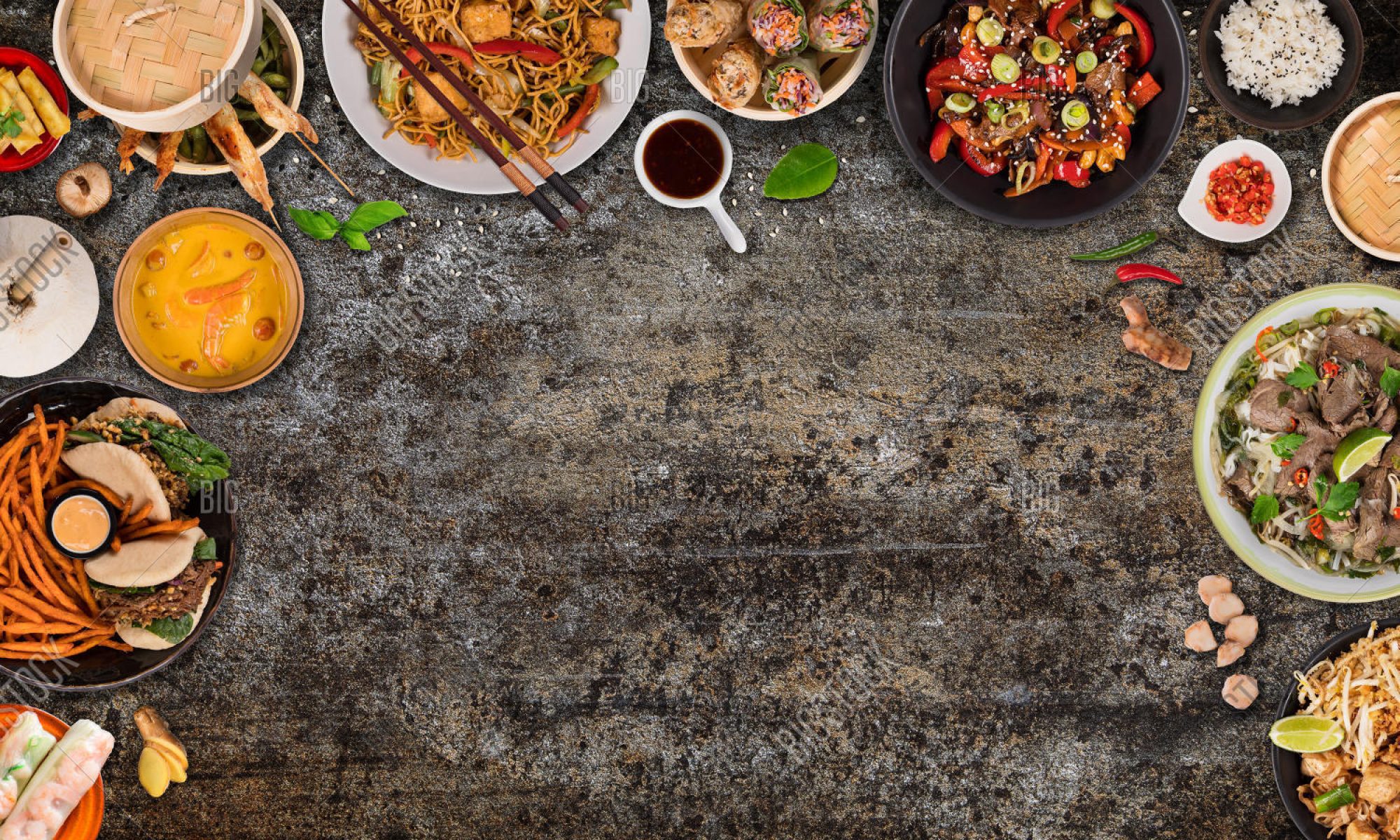One of the most compelling points of interest from Unit 5 was the Quechua concept of reciprocity and solidarity in a time of globalization and exploitation. Throughout this semester we have seen how indigenous groups in Latin America have developed creative ways to establish solidarity and agency against capitalist societies that have exploited indigenous lands and people for profit. As a result of the rapid expansion of modernity, Indigenous groups are one of the communities that have suffered the consequences of consumption culture. It has interfered with indigenous cultural values and also has either forced or encouraged indigenous people to participate in global markets: in attempts to achieve a better lifestyle.
The Quechua barter markets can be recognized as indigenous held “farmers markets” that allow and facilitate the interaction of local vendors to sell their products to the community. Anyone can participate in the exchange of goods which allows for a welcoming environment- this encourages indigenous people to participate in local communities to help sustain these markets, while conjointly maintaining cultural values
When I think of a farmers market, I think of organic and raw resources, handmade by humble artisanal artists who are trying to make a living doing what they love. Whether it is selling organic honey or handmade textiles, the end goal is to make a profit. Although the Quechua Barter market is of similar nature, it is interesting to see how the Quechua have attempted to sustain their cultural values of reciprocity and Ayni through the development of these markets. The Argumendo and Pimbert reading acknowledged how this “establishment of Institutions of the indigenous peoples in the Andes… [have provided] a source of inspiration for supporting social transformation for food sovereignty and solidarity economy” (344). Not only have the Quechua found a collaborative method to locally help the indigenous community but it is also a form of endurance that maintains the value of Ayni; a core philosophy in their way of life. This is why the barter markets are unique and triggered insightful interest for me. In many cases, indigenous communities have had to sacrifice elements of their spiritual beliefs in order to sustain the survival of their culture. Using the barter markets as a tool to continue to practice authentic care for the land as a living being and continue to cultivate communal respect for the landscape and their history, make this modern practice unique. Out of the hands of capitalist greed, the Quechua have managed
